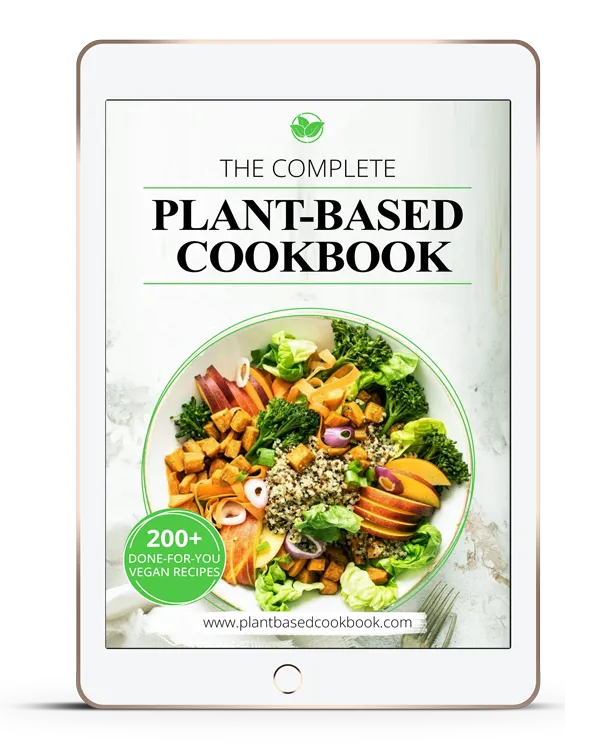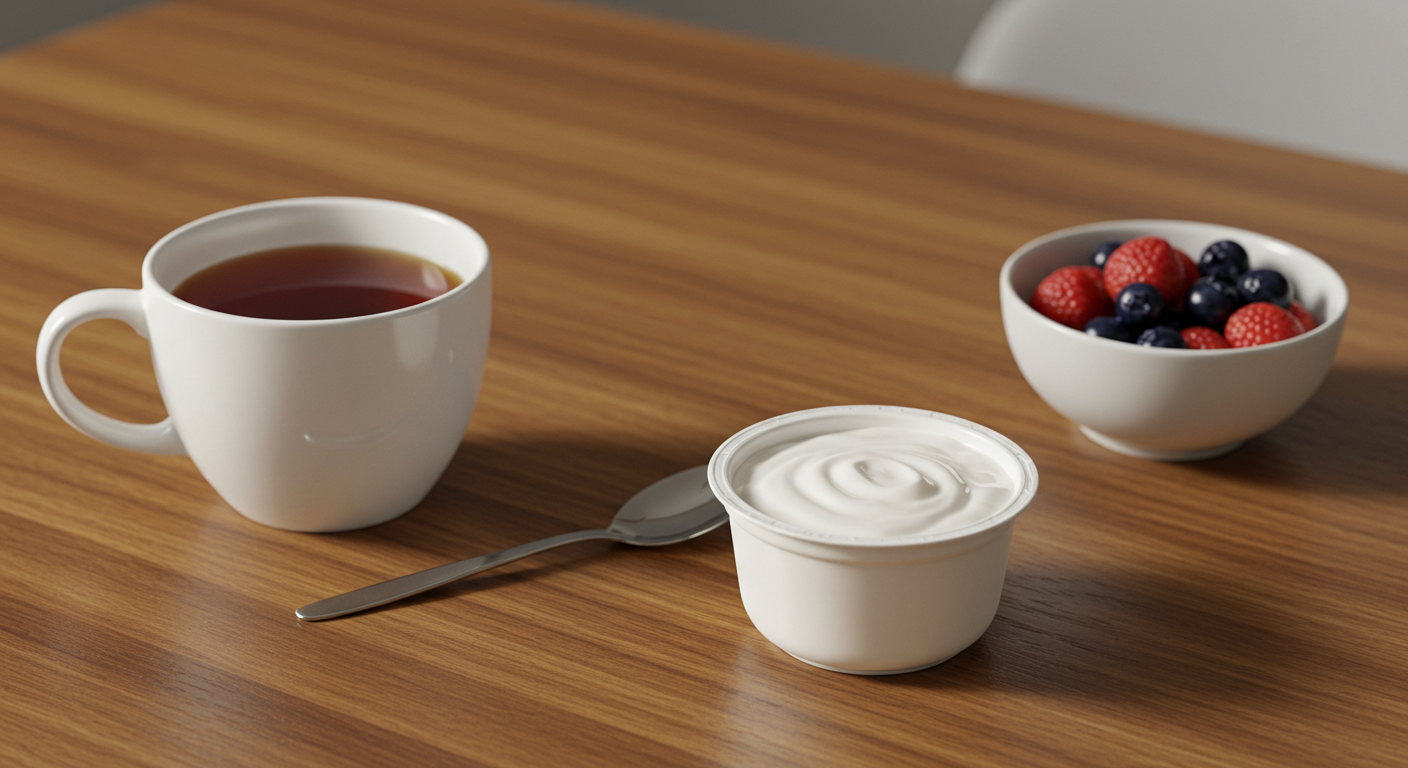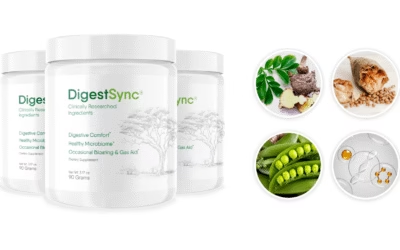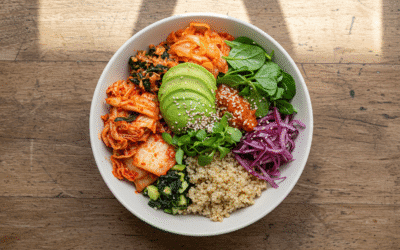Gut health during antibiotics is something many people overlook — but it matters more than you think. While antibiotics are crucial for treating bacterial infections, they also disrupt the balance of your gut microbiome by wiping out beneficial bacteria. This can lead to digestive issues, fatigue, and weakened immunity. The good news? With the right care, you can protect your gut and recover faster.
Why antibiotics affect gut health
Your digestive system depends on a delicate balance of bacteria to function properly. Antibiotics, especially broad-spectrum ones, can reduce microbial diversity in your gut within days. This disruption can lead to unpleasant symptoms such as bloating, diarrhea, and increased susceptibility to infections. In some cases, it may even cause overgrowth of harmful bacteria like Clostridioides difficile (C. difficile), which leads to serious intestinal problems.
Research shows that after a course of antibiotics, it can take weeks or even months for your gut microbiome to fully recover — highlighting the importance of proactive gut care during this time.
How to protect your microbiome during antibiotics
While taking antibiotics, it’s essential to nourish your gut with probiotic-rich foods that help repopulate beneficial bacteria. Consider adding:
- Yogurt with live active cultures
- Kefir, a fermented milk drink rich in probiotics
- Miso, a fermented soybean paste used in soups
- Sauerkraut and other fermented vegetables
In addition, include prebiotic foods like garlic, onions, asparagus, bananas, and oats, which serve as fuel for good bacteria and help maintain microbiome diversity.
Timing matters: Avoid taking probiotic supplements or probiotic-rich foods at the exact same time as your antibiotics. Instead, consume them at least 2–3 hours apart to maximize effectiveness.
What to do after finishing antibiotics
Once your antibiotic course is complete, focus on rebuilding your gut health through continued consumption of probiotics and prebiotics. Drink plenty of water to aid digestion and toxin removal. Avoid processed foods, excess sugar, and artificial additives, as these can encourage harmful bacteria growth and prolong imbalance.
Consider gentle lifestyle habits to support recovery, such as:
- Engaging in regular moderate exercise to stimulate gut motility
- Getting quality sleep to help immune function and gut repair
- Managing stress through mindfulness, meditation, or yoga
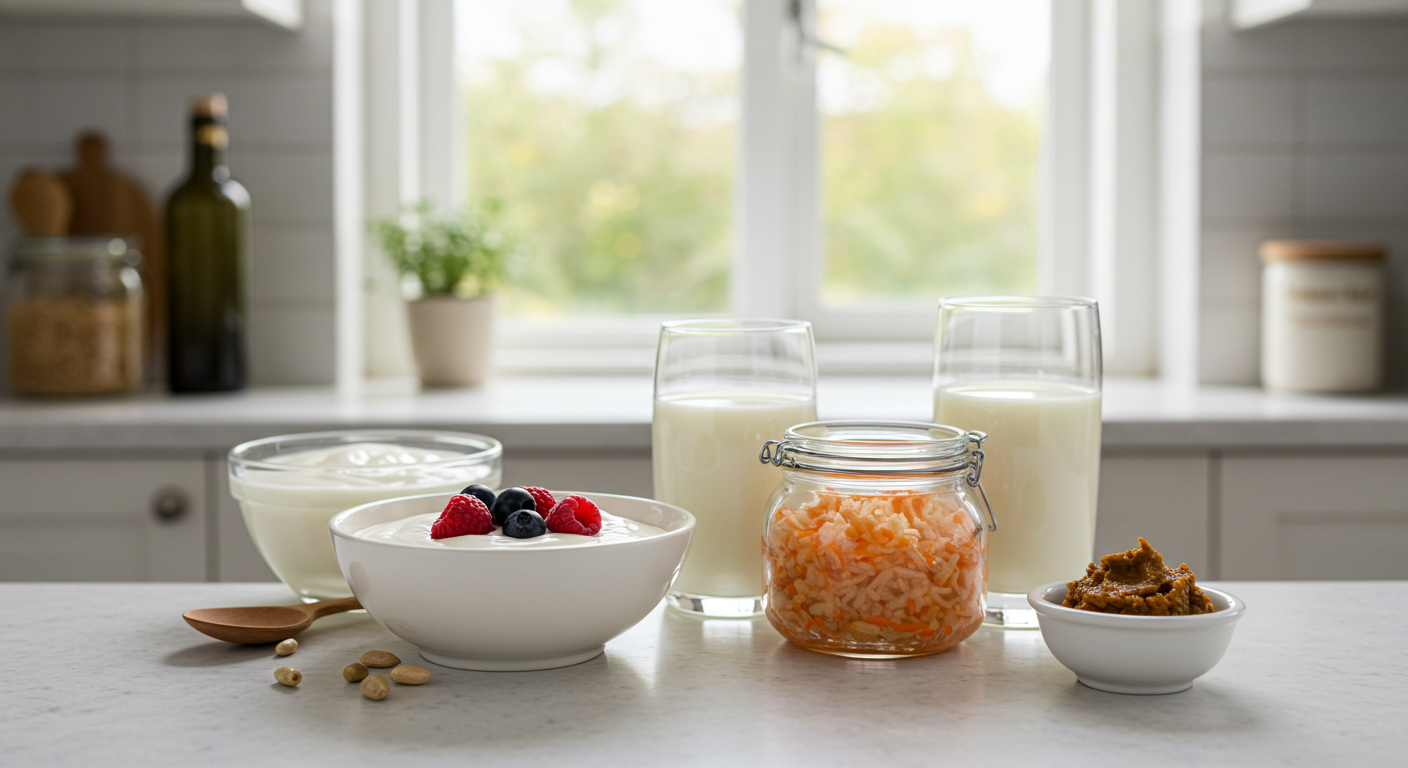
Supplements to consider
Some people benefit from probiotic supplements after antibiotics, especially those containing multiple strains and at least 10 billion CFUs (colony-forming units). Products like DigestSync can help soothe the gut lining and reduce inflammation during recovery. Always consult your healthcare provider before starting supplements.
Why gut care during antibiotics matters
Protecting your gut while on antibiotics isn’t just about avoiding temporary discomfort. A healthy microbiome supports your immune system, nutrient absorption, and even mental health. Taking intentional steps during and after antibiotic use can minimize side effects, speed recovery, and help you maintain long-term wellness.
Summary: Gut health during antibiotics
| Phase | Key Actions | Tips |
|---|---|---|
| During antibiotics | Eat probiotic & prebiotic foods, hydrate well | Space probiotic intake 2–3 hours apart from meds |
| After antibiotics | Continue probiotics & prebiotics, avoid processed foods | Maintain healthy lifestyle habits |
| Supplementation | Consider multi-strain probiotics with healthcare advice | Choose reputable brands like DigestSync |
Further reading
Learn more about gut health and digestion in our post The Hidden Link Between Stress and Digestion.


